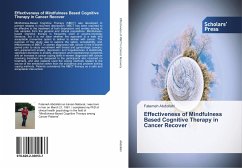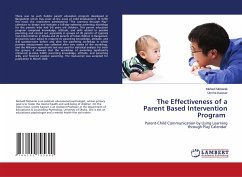Mindfulness-Based Cognitive Therapy (MBCT) was developed to prevent relapse in recurrent depression. MBCT has been reported to be effective in the treatment of both depression and anxiety among at risk samples from the general and clinical populations. Mindfulness-based cognitive therapy is frequently used in psycho-oncology literature, but it is not clear whether the approach is a safe and acceptable preventive option to deliver to women with cancer. The purpose of this study was to explore the safety, acceptability, and effectiveness of MBCT in women diagnosed with cancer in the 8-month period prior to study recruitment with breast and gynecologic cancers, who experienced anxiety, depression and hopelessness. A statistically significant decrease in anxiety, depression and hopelessness symptoms and an increase in cancer coping skills in women diagnosed with cancer receiving treatment as compared to the participants who received no treatment, and also patients used the coping methods related to the source of the emotional rather than the avoidance and problem solving coping methods. Patients considered the MBCT therapy as a safe and acceptable intervention.








